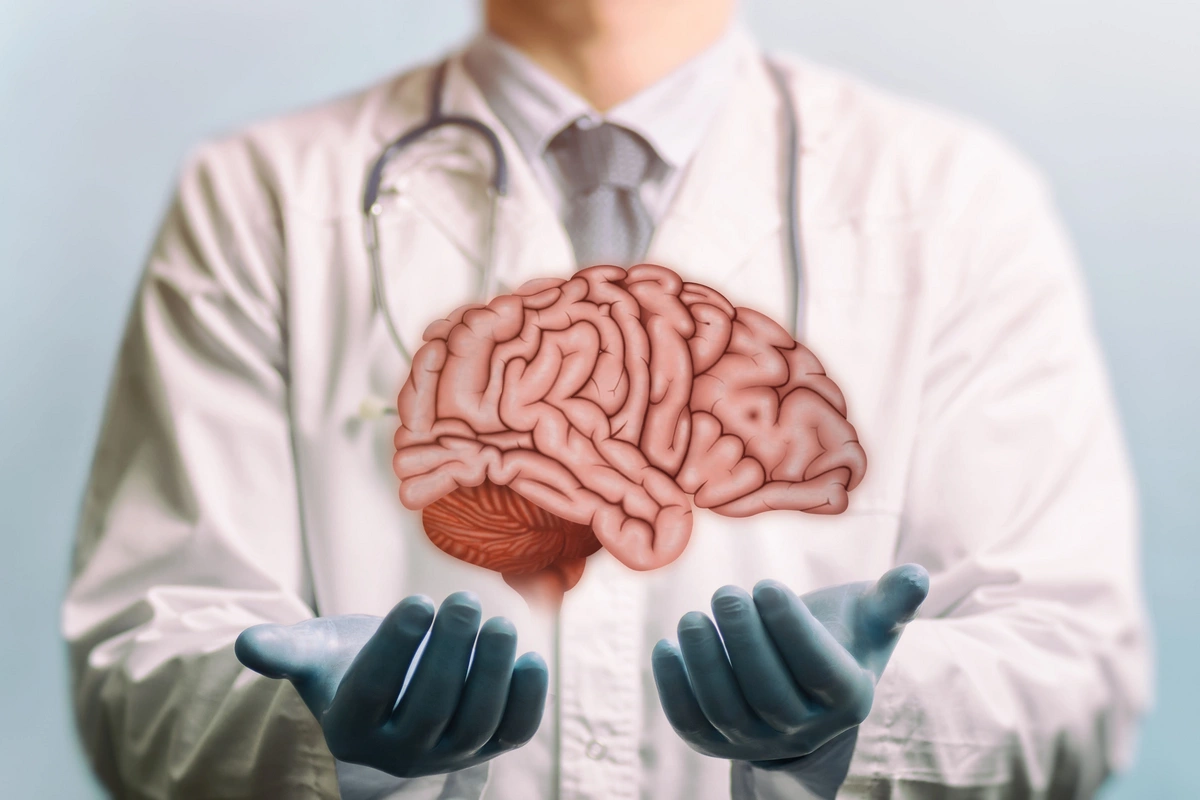Named the most dangerous profession for the brain

According to a new study by the University of Exeter, police officers in the UK are more than twice as likely to suffer traumatic brain injuries (TBI) compared to ordinary citizens. Moreover, those who were injured on duty have twice the risk of developing complex post-traumatic stress disorder (PTSD). The work is published in the Journal of Head Trauma Rehabilitation (JHTR).
The study involved 617 active police officers from England, Scotland, and Wales. It turned out that 38% of respondents had experienced TBI at least once - most often these were cases of loss of consciousness, confusion, or memory loss. For comparison, among the general population this figure is 12%.
Of particular concern is the fact that 61% of affected officers received such injuries more than once. Among those who suffered TBI during service, one in five meets the criteria for probable development of complex PTSD - with feelings of guilt, difficulties in controlling emotions, and disruption of social connections.
Professor Stan Gilmour, a former police officer with 30 years of experience, now a researcher at the University of Exeter, noted: "Daily work in conditions of stress, confrontations, and risk is already difficult. Add to this the danger of head injuries and PTSD - and you get a real time bomb. We need regular monitoring and long-term support for officers after such injuries."
Scientists also found that repeated TBIs are associated with serious disruptions in everyday life: deterioration in work performance, family discord, and problems in fulfilling parental responsibilities. Police officers complain of chronic headaches, insomnia, and decreased concentration.
Lead researcher, Dr. Nick Smith, emphasized: "Today, many officers are struggling with two consequences at once: brain injury and PTSD. They need protocols similar to those used in sports for concussions: with clear diagnostics and a phased return to service."
The authors of the work call for mandatory TBI and PTSD screenings as part of routine medical examinations, as well as the creation of an immediate assistance system. According to the researchers, the diagnostic protocol and support should be inextricably linked - "if you don't pass the test on Monday, you should be receiving help on Tuesday."
Similar News
Astronomers reported a powerful explosion on the side of the Sun hidden from Earth
An extremely powerful double explosion was recorded on the far side of the Sun last night. This was reported by the Laboratory of Solar Astronomy at the Space R...




 Azərbaycanca
Azərbaycanca  По-русски
По-русски  English
English 





